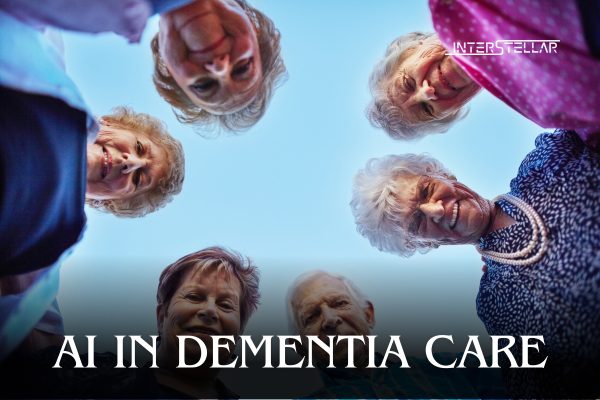Dutch Research Project Explores AI Solutions for Dementia Care
A new Dutch research project is set to develop “appropriate, warm, and smart care technology” for people with dementia, focusing on the use of AI in health care to meet the specific needs of those affected by the condition.
Growing Dementia Crisis
As the global population ages, the number of people with dementia is expected to triple over the next 30 years. The Netherlands, like many countries, is seeking innovative solutions to improve elderly care. In response, the Dutch Research Council (NWO) has allocated €3 million (approximately $3.2 million) to investigate AI as a potential tool for enhancing dementia care.
This research initiative, called QoLEAD (Quality of Life by use of Enabling AI in Dementia), is led by the Eindhoven University of Technology. The project will span six years, focusing on how AI can be integrated into dementia care to improve quality of life.
Data-Driven Care in Dementia
Dr. Henk Herman Nap, a senior researcher in eHealth at the Netherlands’ national Centre of Expertise for Long-term Care, explains that the collection and analysis of data are crucial in long-term care. In the Netherlands, significant amounts of data are gathered from clients and care providers, increasingly through digital care plans, AI-driven home automation, and smart wearables.
Smart wearables, in particular, offer valuable data that can aid in diagnosing dementia, determining effective treatments, and monitoring how well a treatment or medication is working. The combination of data and AI can help healthcare providers understand a patient’s current condition and even predict future developments. While this technology might seem intimidating, Nap emphasises that it can lead to more humane and meaningful care.
Nap believes that collaboration among healthcare providers is essential to advancing data-driven care. The goal is to design and deploy AI in health care, in a way that complements person-oriented care, ensuring a balance between automation and human interaction.
Benefits of AI in Health Care
AI offers significant potential benefits for healthcare, particularly in supporting professionals and their clients. It can assist with health promotion, disease prevention, finding the most effective treatments, and allowing more time for personalised care. For example, social robots or senior tablets can help those with memory issues manage their daily routines. Additionally, technology can provide caregivers and family members with detailed insights into the daily life patterns of people with dementia, which is invaluable for future healthcare planning.
The QoLEAD project aims to make a meaningful contribution to the future of dementia care, balancing the use of AI with the need for person-centred care.





